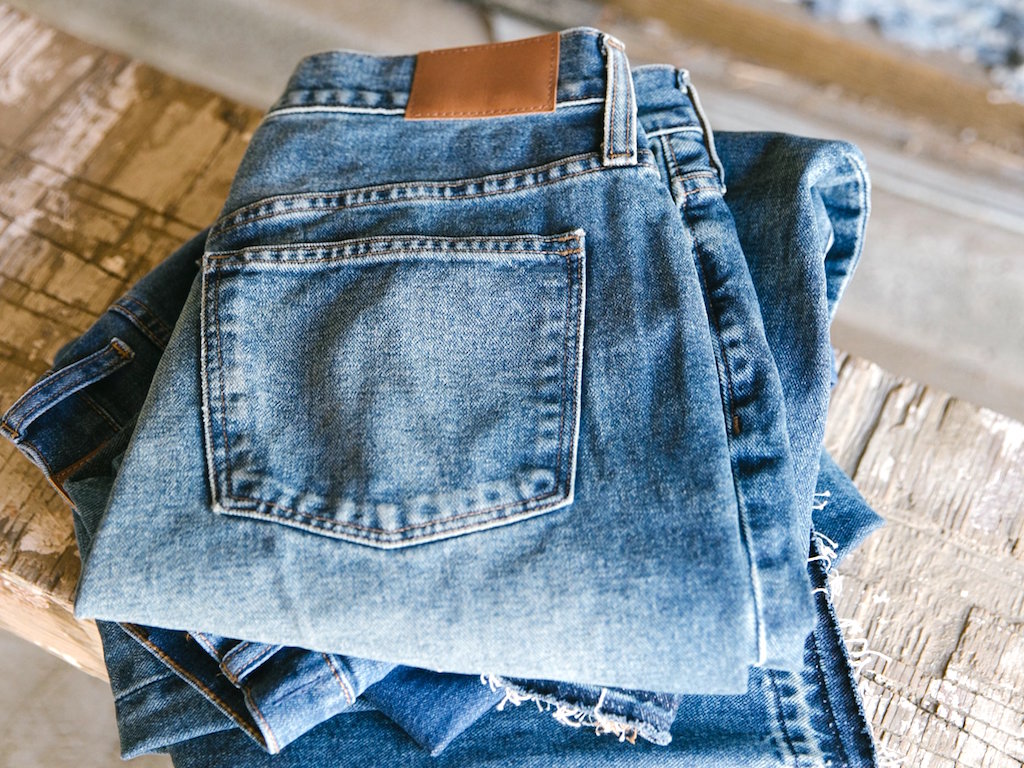2 Mins Read
The Hong Kong Research Institute of Textiles and Apparel (HKRITA) has just announced a collaboration with global apparel company Gap Inc. to develop eco-friendly technology to enable textile recycling. The research project will focus on two main areas: separating mixed-blends of spandex and sustainable decolourisation of fabrics for recycling clothing. This comes amid greater global and regional attention on the environmental footprint of the fashion industry, and suggests that more business innovations in the future will be looking at moving from a linear production system to a more sustainable circular model.
In partnership with Gap Inc., HKRITA will be launching a new research project to come up with solutions for a more sustainable fashion industry using old clothing from the fashion giant. With a two-year time frame to develop new technologies, the research collaboration is to focus on two innovations that will then be available for licensing within the fashion industry.
The project will focus on separating spandex from preloved garments, a material that is not currently recycled due to it commonly being blended with cotton. In this line of research, researchers will be working with textile manufacturer Artistic Milliners to develop a more eco-friendly separation method that removes spandex through biosolvents, which can then be reused in the industry.
The project will additionally tackle denim decolourisation, which currently uses toxic bleach treatments associated with water and soil contamination. Alongside denim manufacturer Arvind Limited, the team hopes to develop a physical method to decolour denim without the use of bleaches so the fabrics can be reused and re-dyed in future Gap garments.
Speaking on the partnership, president and CEO of Gap Inc. Art Peck said: “Our partnership with HKRITA is an important step to develop new solutions that impact our planet and are deeply important to our customers around the world.”
This comes as fashion industry leaders are taking more steps to improve the sustainability of their operations. Realising the environmental impact of mainstream fashion, increasingly eco-conscious shoppers are also looking at manufacturers and retailers to instigate the sea change towards greener production practices and offerings. Especially as younger buyers are attracted to purpose-driven businesses, more companies in Asia are taking steps through upcycling and recycling fabrics. The R Collective, for instance, uses rescued textile off-cuts from luxury mills to create long-lasting garments. Unspun is another company focused on curbing fashion waste, using recycled post-consumer polyester and plastic bottles to manufacture personalised jeans.
Lead image courtesy of Madewell.




